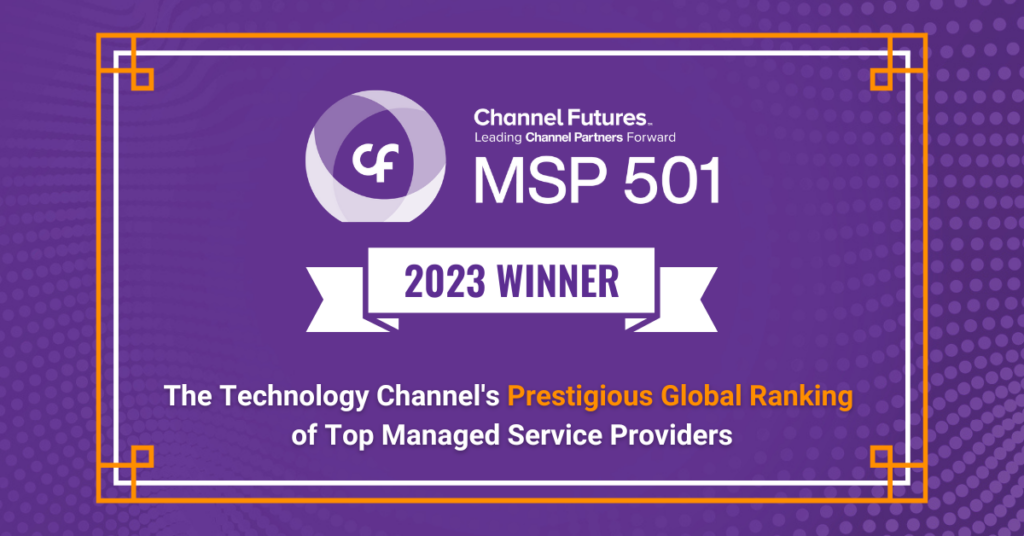Cloud
Technology is an important component in running a business, so SMBs need to make sound choices related to their IT. As cloud computing becomes an increasingly popular option, many organizations want to determine if migrating to cloud is right for them.
Cloud is gaining significant traction. Market research firm Gartner Inc. found that cloud software deployments (22% CAGR) are growing more than five times faster than legacy software (4% CAGR). Why is this?
As computer systems become increasingly more complex, installing and maintaining those systems is cumbersome and expensive. Cloud helps alleviate this burden. Let’s take a closer look at cloud’s potential impact on your business.
Choosing from Three Cloud Migration Options: Private, Public, and Hybrid
When migrating to cloud computing, three versions are available: Private, Public, and Hybrid.
Private cloud is all about harnessing power. It generally involves renting out hard infrastructure. This means that the entirety of each server is issued to you from your MSP or cloud provider. Having access to infrastructure allows you to fully utilize the hardware in the way that makes the most sense for your code. APIs are starting to gain popularity with PRC which give them more automation. It’s truly about whether or not you need the additional IOPs/performance of private cloud for a much lower cost.
With public cloud, there’s usually a meaningful markup in price associated with the flexibility that public cloud offers. Public cloud is a more disruptive and potentially more beneficial option for some businesses.
With public cloud, the key word is scalability. In essence, your data center is moved from your office to the provider’s sites, resulting in a few dramatic changes. Migrating to cloud technology allows you to to offload the running of your computer infrastructure to a third party. The term “PC” is generally used to define massive server environments where the infrastructure is virtualized by way of a hypervisor. In essence, this makes all of the physical infrastructure turn to code which allows for a lot of flexibility in terms of automation. Most of the major PC providers have integrated APIs which allow developers to dictate how the infrastructure should change based on certain predetermined conditions. You don’t need to log into the environment to create more servers, you just need to create code which tells the software when it’s time to create more servers.
Hybrid cloud is about balancing and weighing the opportunity cost of both public and private cloud. Businesses with basic infrastructure needs may not necessarily benefit from hybrid cloud.Every business case is unique, but an example of a company that would benefit from hybrid cloud is when you need to process large queries of data and store large amounts of information on a consistent basis. This would be performed via private (often called “bare-metal”) cloud. However, on the front end you have a web application, which manages traffic in/out of your environment, as well as additional production infrastructure for basic input operations. This is handled by the public cloud.
With cloud, you reduce the burden on your IT staff and allow them to focus on the more strategic initiatives, such as enhancing your customer service software and business processes.
Click here to read more about when private equity firms should evaluate moving to cloud.
Migrating to cloud also changes computer system purchases from a capital expense to an operating expense. Businesses no longer pay the large upfront expenditures associated with major equipment acquisitions. Instead, pricing is set in monthly increments, which are based on how much you used the cloud service.
When Cloud Migration Is Not the Best Option for Businesses
While it has several potential benefits, cloud is not a fit for every business.
Cost can be a hurdle for SMBs looking to invest in cloud. Public cloud’s usage based pricing means you pay more when you use more. A company may underestimate its needs and end up with larger than expected bills.
If security is a major concern, many perceive that public cloud complicates securing information in industries under strong regulation, such as healthcare. Compliance regulations often push businesses away from cloud and encourage them to store sensitive information in their own data center. However, this mindset is changing. As more and more people are realizing the benefits and security in storing information in the cloud.
Cloud is a newer technology. Depending on your business, you may need to develop or retain in-house skills to optimize these systems. Your company will need to invest in training, hiring new personnel, or outsourcing management to a capable MSP or cloud provider who understands the needs of your industry.
Cloud is an emerging technology with many potential benefits. Every mature IT organization should take a close look to determine whether or not public, private, or hybrid cloud can meet your business needs.







